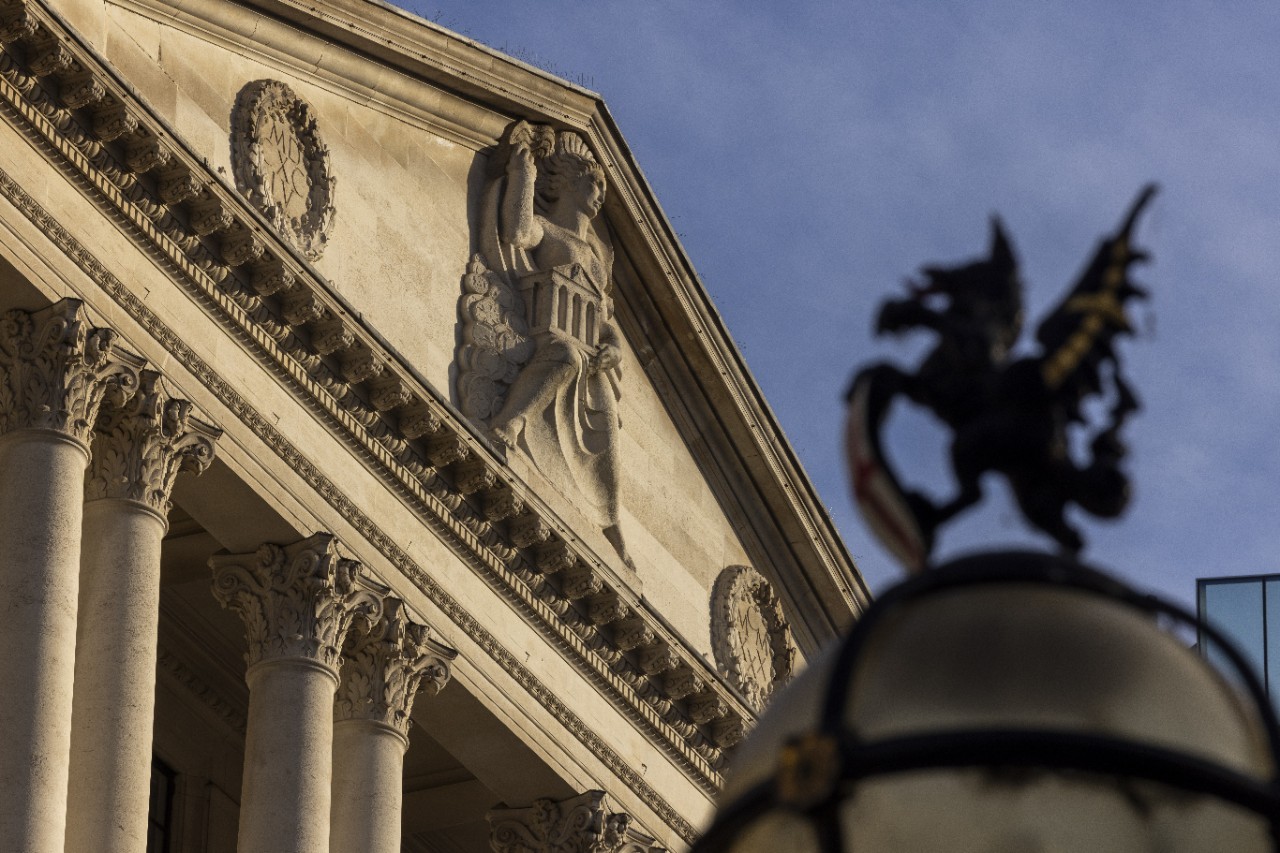If the BoE holds rates as expected, it could catch some market participants off guard who have positioned for easing. The disconnect between economic data and policy response has created uncertainty about the central bank’s reaction function.
Sterling could benefit from a hold decision, particularly against currencies where central banks are cutting more aggressively. The pound has been under pressure partly due to expectations of BoE easing, so policy inaction might provide some relief.
Gilt yields may rise if the BoE holds rates and provides hawkish guidance about future policy. Bond markets have been pricing in a cutting cycle, so a hold could trigger some unwinding of those positions.
Critics question central bank’s approach
The BoE faces growing criticism for what some analysts describe as being “too cautious” in the face of clear economic deterioration. Critics argue that the central bank is ignoring obvious warning signs in favour of maintaining an overly restrictive policy stance.
This criticism reflects broader frustration with the pace of policy response to changing economic conditions. With unemployment rising and growth stagnating, some argue that waiting for further deterioration risks allowing problems to become entrenched.
The debate highlights fundamental disagreements about the appropriate policy response to current economic conditions. The BoE’s measured approach may reflect institutional wisdom, but it risks appearing disconnected from economic reality.
However, supporters of the hold decision would argue that premature easing could undermine hard-won progress on inflation and create bigger problems down the road.
